In an extraordinary general assembly held on Friday, the Burundian Indigenous People’s Association (UNIPROBA) outlined critical concerns regarding the upcoming 2025 elections and ongoing challenges faced by the Twa community.
Vital Bambanze, Executive Director of UNIPROBA, emphasized the importance of proper representation for the Twa in legislative bodies. “As we approach the 2025 elections, the national constitution stipulates that representatives of the Twa must come from the most representative organizations. This assembly allowed our members and representatives from all provinces to elect candidates who will be submitted to the National Independent Electoral Commission (CENI) to represent us in the National Assembly and Senate. We must align with the aspirations and ideas of our members in the provinces,” he said.
Bambanze also called for accountability regarding President Evariste Ndayishimiye’s 2023 pledge to allocate land to the landless Twa. “This is an opportunity to evaluate the implementation of this promise. If progress has been made, we will applaud. However, if there are obstacles, we must strategize to ensure this commitment is fulfilled and that the Twa benefit from the president’s promise,” he said, adding that other pressing issues include education and fair representation in decision-making bodies.
On representation in defense forces, Bambanze condemned fraudulent practices where individuals falsely claim Twa identity to gain access to the military and police. “We frequently see Hutu and Tutsi individuals enlisting in defense forces under the guise of being Twa. This fraudulent behavior must be addressed. Those who commit such acts should be dismissed and punished,” he said.
Land ownership remains a key focus, with Bambanze urging Twa representatives to engage with local administrative authorities to ensure land distribution policies are implemented effectively. “This is not just an administrative issue or a UNIPROBA concern; it is a national matter that requires collaboration between citizens and the government,” he said.
On education, Bambanze highlighted the significant challenges faced by Twa children. “A child who does not attend school has no future: they will not find employment, hold leadership positions, or develop themselves. Education is critical for the Twa, who remain marginalized. Local authorities should ensure that no Twa child stays at home when the school year begins, ” he said. “The root causes of these issues—landlessness, unemployment, discrimination from neighbors, and parental ignorance of the value of education—must be addressed,” added the former Senator from the Twa community in Kirundo Province, northern Burundi.
The assembly coincided with a recent presidential decree announcing that Burundi’s legislative elections will take place on June 5, 2025. These elections will be conducted across five new constituencies, replacing the current 19 provinces. The National Assembly will retain its constitutional structure of 100 members, with ethnic representation distributed as follows: 60% for the Hutu majority, 40% for the Tutsi minority, and three co-opted seats reserved for the Twa community. The CENI will oversee the co-option process.



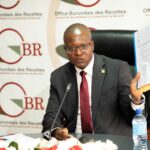
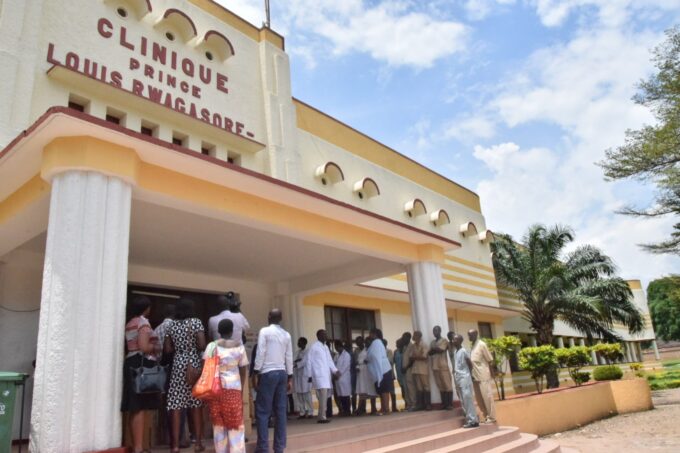
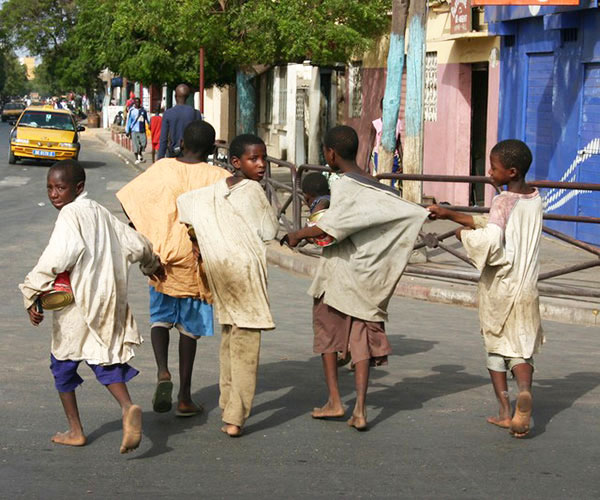
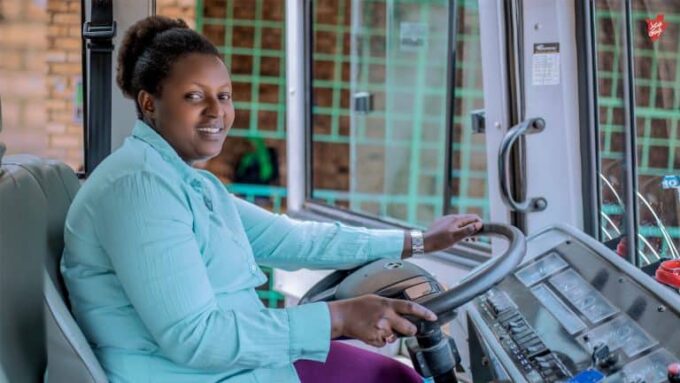
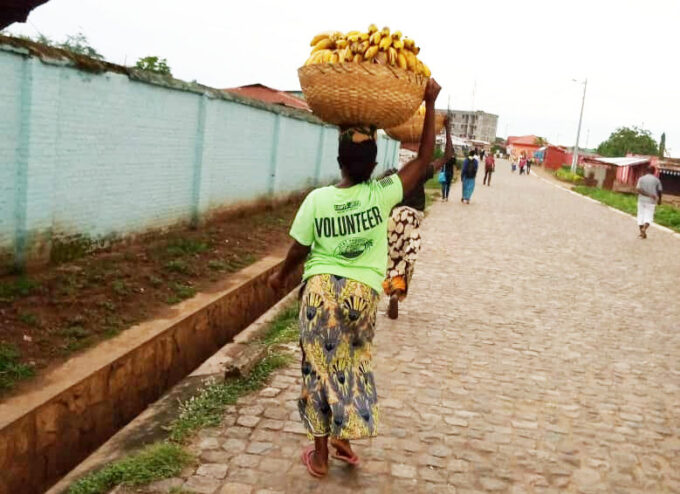
Leave a comment